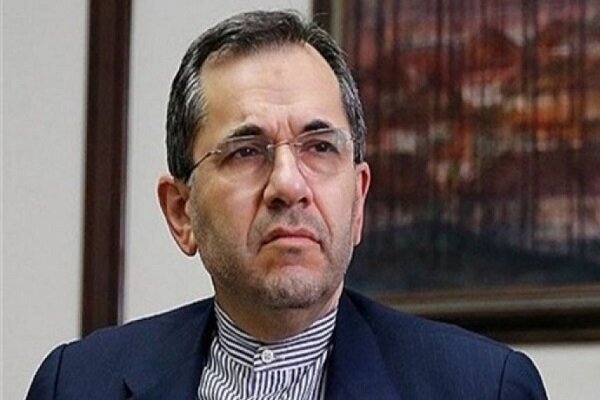Mine clearance must be consistent with UN Charter, says Iranian ambassador

TEHRAN - Majid Takhat Ravanchi, Iran's ambassador to the United Nations, said on Thursday that mine-clearance activities, whether in the context of peace-keeping operations or otherwise, must be consistent with the United Nations Charter, IRNA reported.
Taking into account the threat that mines and explosive remnants of war pose to the lives of United Nations peace-keeping personnel, the council must continue to consider this issue in the mandates of peace-keeping operations, Takht Ravanchi told the UN Security Council meeting on mine-clearance activities.
However, it is evident that the involvement of peace-keeping forces in mine-clearance does not provide any mandate to the council to put the subject of mine action under its purview, he added.
“Due to the serious humanitarian and socioeconomic nature of the mine action, it remains under the purview of the General Assembly and it must therefore continue and upgrade its relevant functions including in the post-conflict situations,” Takhat Ravanchi stated.
“Mine-clearance activities, whether in the context of peace-keeping operations or otherwise, must be consistent with the United Nations Charter, particularly the principles of full respect for the sovereignty, sovereign equality and territorial integrity of all states, and non-interference in their internal affairs,” the ambassador noted.
“To ensure that mine action operations contribute effectively to sustaining peace and socioeconomic development of the societies that are facing the challenges of mines and explosive remnants of war, enhanced international cooperation and assistance, upon request, is a must. This should therefore be a key priority area for the relevant United Nations bodies,” he added.
Tehran’s ambassador to the United Nations said his country is ready to share experiences with regional and extra-regional countries in de-mining projects.
“To that end, the Islamic Republic of Iran stands ready to extend its cooperation in humanitarian mine action with countries in the region and beyond, to share its experiences, exchange technical experts and expertise, hold training courses and implement de-mining projects,” the ambassador underlined.
In a message on the occasion of the International Day for Mine Awareness and Assistance in Mine Action on April 5, Iranian Defense Minister Amir Hatami said Iran became the biggest victim of landmines after eight years of war imposed on the country by the Saddam regime in the 1980s. Hatami also denounced the supporters of Saddam for refusing to help Iran in demining activities after the war.
The defense chief said Iran became the biggest victim of mines during the war as around 42,000 square kilometers of the Iranian territories were contaminated by 20 million various types of landmines and explosives.
PA/PA
